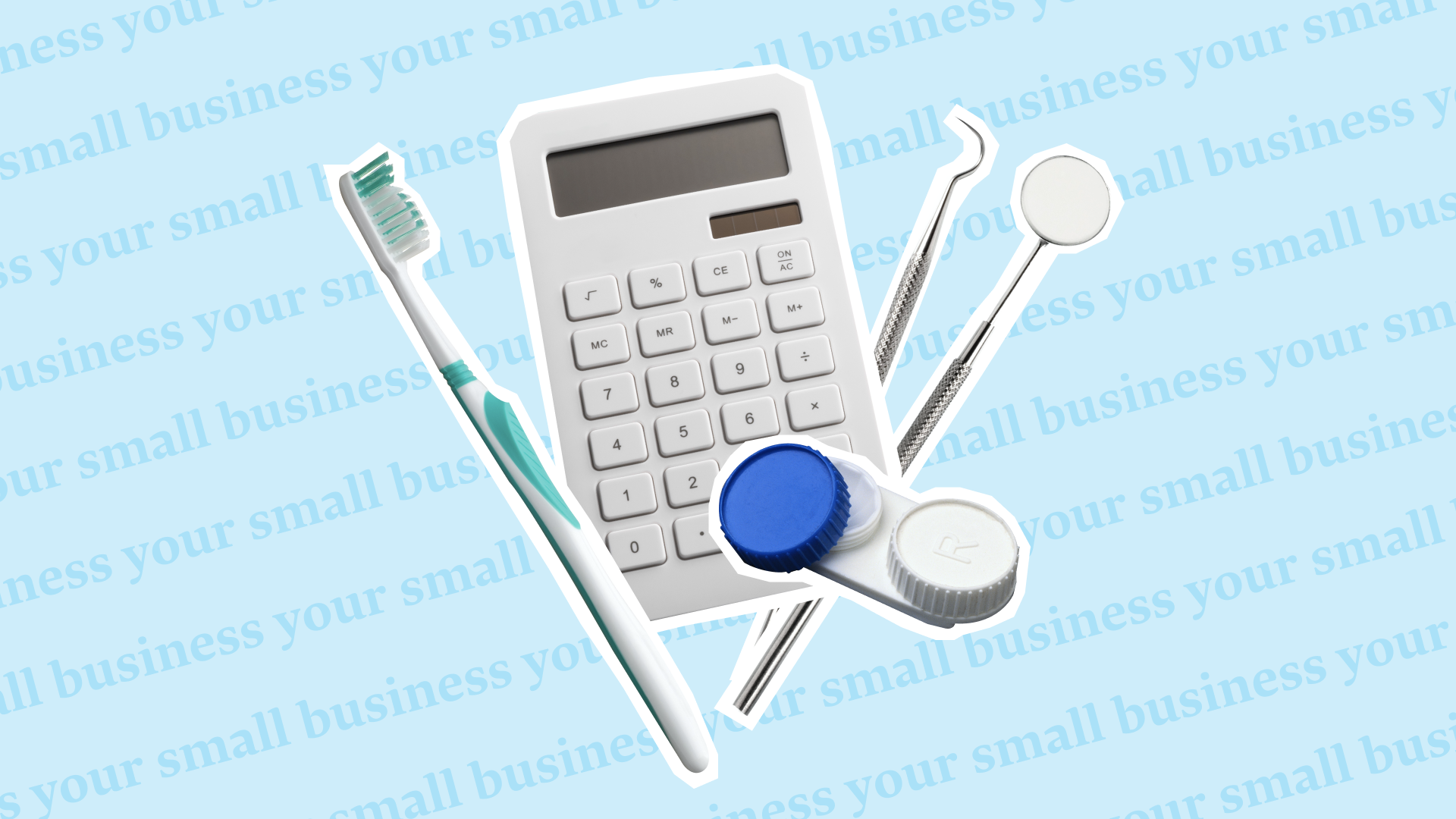Retirement can feel like a far-off goal, especially if you’re just beginning your career, balancing student loans, and budgeting day-to-day expenses for the first time. But saving early can mean the difference between living your dream retirement and still dreaming about your retirement when the time finally comes.
No matter your age, the subject of retirement often comes up whenever you join an employer who offers a 401(k) plan, which is a tax-advantaged retirement savings plan provided to employees. You’ll likely hear about asset allocation, automatic deductions, and matched funds, but what do these concepts ultimately mean for you?
Because 401(k) plans can be difficult to understand, let’s break down what a 401(k) plan is, how one actually works, and a few key points to keep in mind so you can get a leg up on saving for the future.
Are you an employer curious about offering a 401(k)? Read our 4 reasons you should offer a 401(k) at your company.
What is a 401(k)?
A 401(k) is a retirement savings plan sponsored by an employer and funded by you, the employee, usually through automatic pre-tax deductions from your paycheck. Over time, savings in your 401(k) account can accrue compound interest, essentially growing your principal — the original sum of money you contributed to your account — exponentially by building interest on itself.
Money in a 401(k) account typically goes into a diversified mix of stocks, bonds, mutual funds, and other money market investments. These investment vehicles allow your principal to continue to grow even without you adding more to the pot, although most people choose to contribute regularly.
While a long-term investment account like a 401(k) is built around you being able to “set it and forget it” (which is why it’s so useful for those saving for retirement early), most 401(k) plans will offer you control over how your contributions are allocated among the investment options.
How Does a 401(k) Work?
When Congress first introduced the 401(k) plan in their Revenue Act of 1978*, they wanted to incentivize Americans to save more money for retirement. To do so, they created a way for people to avoid paying taxes on contributions to their retirement savings from salaries, bonuses, and other forms of compensation, in the form of a 401(k) plan.
With a 401(k), deferrals from your compensation go into a mix of stocks, bonds, and money market investments.
With a 401(k), deferrals from your compensation go into a mix of stocks, bonds, and money market investments. Because most 401(k) plans give you investment options to choose what kinds of assets you want to invest in, you, the individual, assume some of the investment risk of those contributions and allocation decisions. The investment options available to choose from could include different kinds of stocks like small- or large-cap, short-term or long-term bonds, and emerging market funds.
Additionally, some employers will match your contributions up to a certain percentage of your compensation, which can further help you save toward your retirement goals. While your contributions vest 100% immediately (since it’s “your” money to begin with), employer-matched contributions generally vest over time.
*Some interesting trivia: the actual provision in the Tax Reform Act that outlined tax-deferred savings plans was (you guessed it) Section 401, Paragraph (k).
Related Article: Financial Planning 101: Four Strategies for Young Professional

Benefits of a 401(k)
So how does all of this help you?
For starters, any compensation contributed to your 401(k) on a pre-tax basis doesn’t count as taxable income on your income tax return. In other words, you potentially pay less on income taxes and your 401(k) savings can grow tax-deferred until you decide to make a withdrawal.
Of course, there are some rules for withdrawing from your 401(k) account. If you withdraw funds too early, either before the age of 55 or 59 ½ depending on your 401(k) plan rules and your retirement age, then you'll pay a 10% penalty tax and the income tax owed.
Biggest Benefits of a 401(k):
Reduced taxable income
Compound interest on contributions
Convenient saving through automatic payroll deductions
Drawbacks of a 401(k):
Investment responsibility
Penalties for withdrawing early
Plan for Your Retirement at Any Age
Getting ready for retirement can seem daunting — but that’s okay. There are plenty of great resources to guide you along the way, so you never have to go it alone. And while retirement can be complex, you certainly don’t have to figure it all out at once. Simply starting to save early is one of the best things you can do to get the retirement you deserve. With a 401(k) retirement savings plan, you can build up your nest egg, reap the benefits of tax advantages, and possibly get a little help from employer-matched funds — all just by putting a little away from your paycheck.
Want even more tips for achieving your financial goals, delivered straight to your inbox? Sign up for Financial Health 101: Debt and Student Loans, a free email short course brought to you by Justworks.
Learn more with Justworks’ Resources
Scale your business and build your team — no matter which way it grows. Access the tools, perks, and resources to help you stay compliant and grow in all 50 states.









